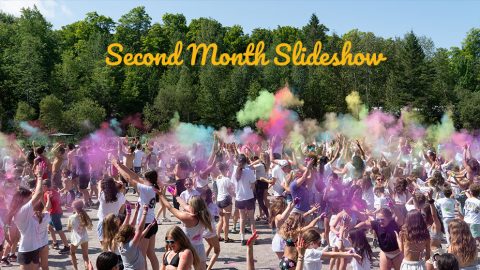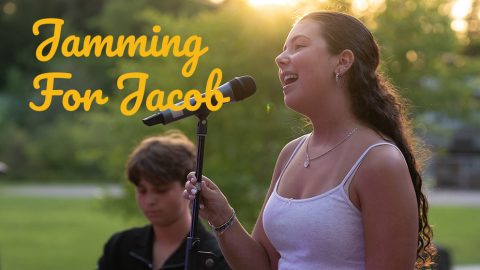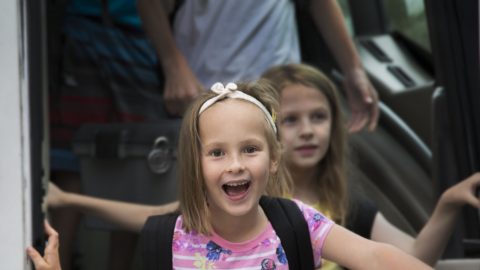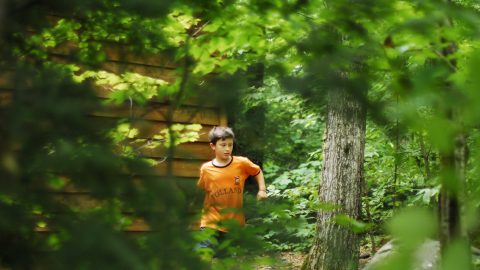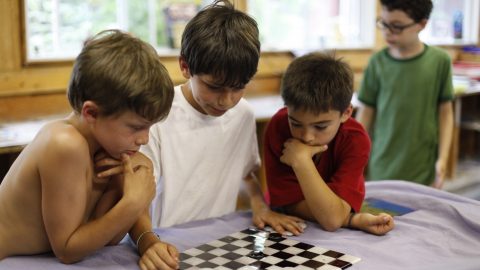The Lost Art of Communicaiton
Technology has changed the way we talk to each other. Most of us would rather text than pick up the phone, email than write a letter, and vent on Facebook than scribble in a diary. The change amongst our children is even more profound. They’ve grown up with the internet, social media, and smart phones. The technology is as organic and intuitive to them as it is awkward and frustrating to their parents.
And while these technologies make our lives easier in so many ways, they’ve also really undermined our communication skills. Fortunately, summer camp has always been and continues to be a great way to learn them.
At camp, you cannot hide behind a phone or a laptop. If a camper is mad that someone borrowed her Betty and Veronica Double Digest without asking, she cannot send a nasty text message or turn to mom for help. She has to confront that person directly.
At camp, you learn that what you say has consequences. If you say something hurtful, you can see the impact it has on that person. No one can anonymously lob insults from the safety of a computer, and this means that children experience the real power of words. Words can uplift and words can hurt. That old rhyme “sticks and stones may break my bones/But names will never hurt me” is far from true.
At camp, you learn to read facial expressions and body language. Living in a cabin every day with your friends teaches you how to decipher the different ways we express our emotions, and that not every feeling can be conveyed in an emoji .
At camp, you learn to be your own advocate. If you’re too sick to join the cabin for a midnight kitchen raid, you’ve got to be the one to say so. There’s no note from dad excusing you from stealing pop and chips. And while this might be intimidating at first, it’s an important skill to learn, and it really builds a child’s self-confidence.
Of course, the question remains — what happens when she or he returns home from the summer? How can you build on those communication skills?
Well, you can start with a simple rule at family dinner — no phones, and that goes for adults too. Without a screen as a barrier, you’ll have more opportunities for genuine communication. Instead of nodding while texting, your kids will actually listen.
You can also schedule activities for the whole family like a board game night, or plan an adventurous bike ride. Create opportunities for quality time and genuine connection and those communication skills will progress organically.
Another great time to talk to your child is in the car. When your son or daughter is riding with you, they’re a “captive” audience, so use that time to really engage them in conversation. Try asking for their opinion on something, or getting their advice. Studies show that it’s easier for teenagers to share when they’re not directly facing you, and eye contact is limited.
However, the best strategy is actually the simplest— just talk. If you ask your child about her day, and tell her about yours, it can really help. It’s best to talk at your child’s level, both literally (physically at their level) and developmentally (in your use of language).
Do this and the communication skills that she or he learned during the summer will really begin to flourish!
Dana Zosky (M.S.W.): Camp White Pine Director & Social Worker
Dana has worked for twenty-five years as a social worker with children and families, and has been the co-director of CWP since 1997.
Colin J. Fleming (M.S.) Camp White Pine Program Director & Journalist
Colin is a professional journalist and teacher, and has worked at CWP for twelve years.

